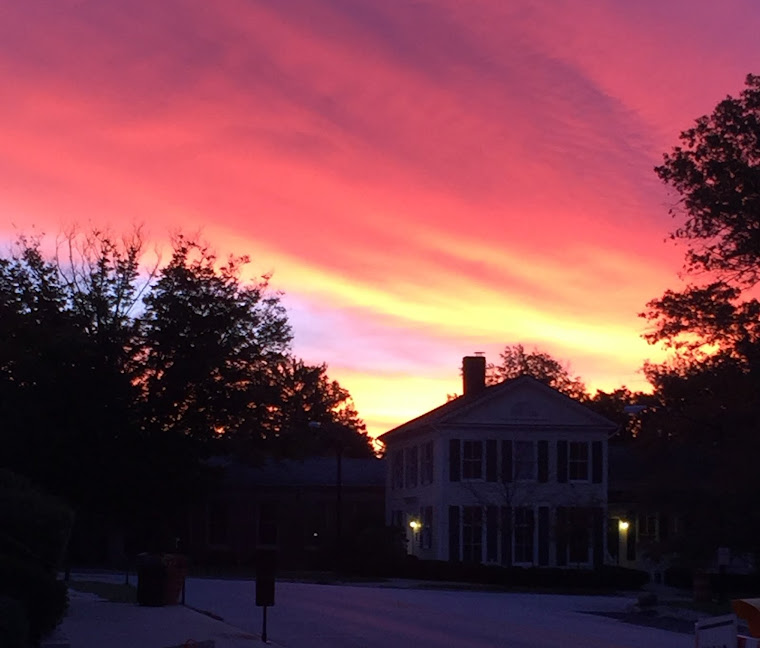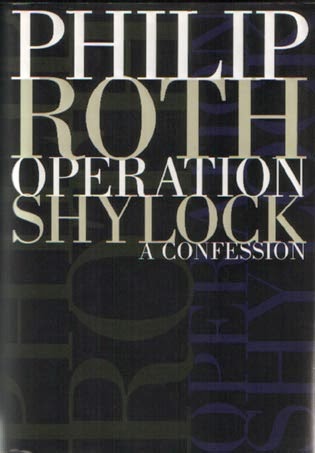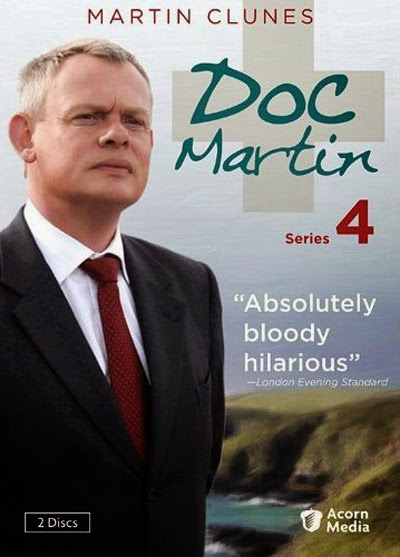1. The local papers these past few weeks have had a number of stories about the 1964 NFL Championship Game (there was no Super Bowl in those days) when the Browns defeated the favored Baltimore Colts, 27-0. I was there. I was barely twenty years old, a junior at Hiram College, and--at the time--a Big Time Browns Fan. My fealty had been natural: The Browns used Hiram College as their summer training camp in those years, and around town I frequently saw Jim Brown and Lou Groza and other notables--including the doomed Ernie Davis, the Heisman-winner who would die of leukemia before he played for the Browns. I lost a Ping Pong game to halfback Ernie Green down at the old college student union. My waggish schoolboy friends and I had liked to game the out-of-towners. People would flock into town for the practices, and they would sometimes see us on the streets and ask, "Where's the football field?" And we promptly sent them over to the old Hiram High School field. (Weren't we
clever?)
 |
| Jim Brown & QB Frank Ryan after winning the NFL Championship |
Anyway, I got to go to that '64 game because of an old Hiram School friend, Johnny Kelker (a year younger), who worked for the Browns as kind of a gofer each summer. They gave Johnny two tickets. And he offered one to me. No-brainer. I looked at the ticket: $8.
Outrageous! (Cokes and candy bars were still a nickel; gas was below 30 cents/gallon.)
We sat near the end zone at the opposite end of the bleachers in the old Cleveland Stadium and greatly enjoyed the astonishing ass-whupping the Browns delivered to the Colts--Johnny Unitas and all!
2. This week I finished Philip Roth's 1993 novel,
Operation Shylock: A Confession, a book which I admired but didn't enjoy all that much. As I've written here recently, I'm trying to "catch up" with Roth. I'd read most of his books at the time they came out--but not all. And
Shylock was one that I'd missed--though I had bought it back in '93. (Just checked on ABE: 1st printings, unsigned, are worth about $50; signed ones, up to $450.)
Anyway, it's narrated by "Philip Roth," a character whose career is virtually identical to the actual PR. He learns, though, that there's someone in Israel who's impersonating him (I'll call him pr), who's advocating strongly for what he calls "diasporism," the notion that the Jews of Israel, now under continuous threat from their Arab neighbors, should return to the European countries they'd fled during the Nazi era. PR goes over to Israel to look for and confront pr--during the Demjanjuk trial, of course (is he the
real Ivan the Terrible of Treblinka?), and we get all kinds of other questions of identity--reminding me of the opening (and terribly significant lines) of
Hamlet: a palace guard calls out in the dark: "Who's there?" Indeed.
Anyway, it's admirable, as I said, what Roth accomplished in this novel--exploring identity (as I said), personal history, the fate(s) of the Jews, and so on. But it was a very cerebral novel (not that I always mind such fare), one that just never engaged me emotionally, which, of course, is mostly my fault. I never felt I was the audience for the book, and so I was kind of watching it from the outside--like a play--and was not pulled into it.
3. We had a busy Christmas Eve. Son Steve, his wife (Melissa), and their two kids--Logan (9) and Carson (5)--came over for supper and gift-exchanging. The boys were
very excited (as their ages would indicate) and seemed to be happy with everything but the clothing they got (I'd felt
exactly the same way at their ages). For supper, we had a beef tenderloin (a purchase that required a second mortgage), mashed potatoes (thanks for the brute force, Steve), green beans, homemade cornbread, homemade sourdough bread, cranberry sauce. For dessert--my grandmother Osborn's steamed pudding, which has, oh, about 2,000 calories per spoonful. We eat it once a year--but I would eat it every
meal if my body could process it. Logan, by the way, seemed very happy with the fountain pen that we bought him (Joyce's great idea). I love my own fountain pen--purchased on impulse in the Portland, Ore., airport years ago--and use it all the time, mostly for notes on the books I'm reviewing.
4. Christmas Day ... we recovered. We cleaned clutter in the morning, got paper and boxes ready for recycling, then, after lunch, drove over to Hiram College, where Joyce collected her campus mail (I spent my secondary school and college years in Hiram and always love going there--also taught a couple of years in Hiram's wonderful Weekend College). Then we drove over to nearby Garrettsville, where my mother taught at James A. Garfield High School (1956-1966) and where my younger brother graduated (1966). We drove by the school, thought about Mom ...
5. We were happy to learn from my younger brother, Dave (the Garfield grad--a "G-Man"), about an Amazon series called
Bosch that's starting (one episode now available), a series based on the Michael Connelly novels about Harry Bosch, the veteran L.A. detective. I've read 'em all. Enjoyed that 1st episode--looking forward to the rest. The image says February 2014 for Episode One--not sure what
that means. Connelly, by the way, is the Executive Producer.

6. Finally--an addendum to the post I did the other day about the film
The Imitation Game about math whiz Alan Turing, who helped break the Nazis' Enigma code in the early years of WW II. In the fall of 1987, on Harmon School's annual 8th Grade Washington Trip, I took a few kids to the Kennedy Center to see that wonderful actor Derek Jacobi in
Breaking the Code, a play about Turing (Jacobi), a play written by Hugh Whitemore in 1986. I just looked in my "Whitemore" file and found a study guide that the Kennedy Center had sent me back then, a thick publication that includes information about Andrew Hodges' biography (
Alan Turing: The Enigma, 1983), about Turing's work (there is a copy of one of his key articles,"Computing Machines and Intelligence," an essay that begins with this: "I propose to consider the question, 'Can machines think?'"), about Whitemore's life and career. A gold mine. I remember that the kids really liked the production, but, of course, I can't for the life of me remember who those young men and women
were ... dotage!
Oh, there was a TV movie of
Breaking the Code in 1996 with Jacobi reprising his role. You can see the whole thing on YouTube now:
link to Breaking the Code.)





































